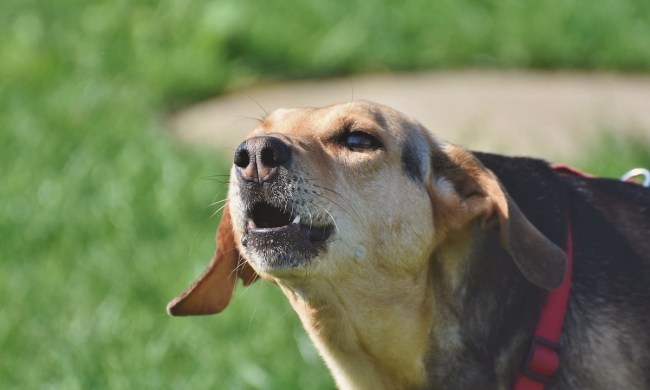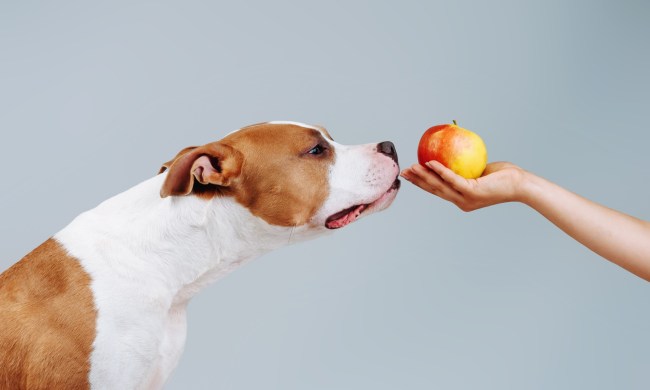Getting a new dog is exciting, but it comes with a lot of responsibility. Whether you’ve purchased a brand-new pup from a reputable breeder or you’ve adopted an older shelter dog, potty training is an essential step to welcome your new family member into the household. Learning what not to do during potty-training sessions is a vital step in learning how to potty-train a dog. To help you know what to do and what you shouldn’t do, we’ve researched the six most-common mistakes people make when potty-training their dog. Here’s what you should know.
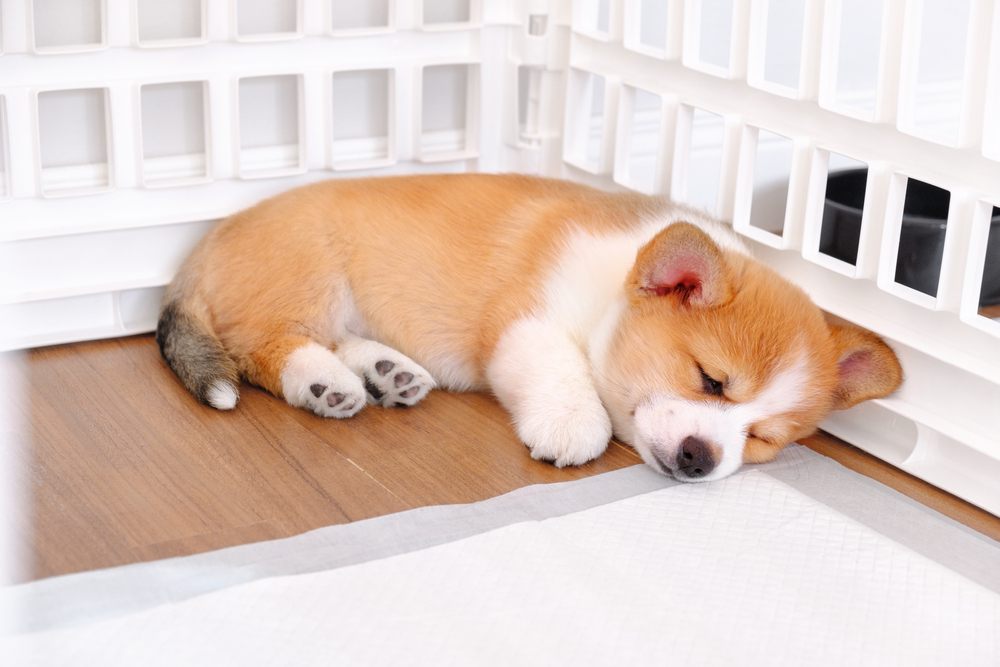
Mistake #1: Not spending enough time bonding with your dog
Dogs can form long-lasting bonds with humans, but only if they spend enough time with them in the first place. Many dogs are natural people pleasers. The more time you spend with your pooch, the more likely it is he’ll want to make you happy. (And having your dog go to the bathroom where he’s supposed to is definitely something that makes you happy.) Play with your dog, spend time snuggling on the sofa, take him for walks, and teach him that he can trust you to look after him.
Mistake #2: Refusing to crate or kennel-train your dog
According to Colleen Demling, a dog trainer at Pawtopia.com, some pet parents think confining their dog to a crate or kennel is cruel and allow their puppy to roam the house freely. Unfortunately, allowing your pup to wander can lead to hidden accidents in the home. Once your dog gets into the habit of urinating and defecating indoors, it’s harder to train him out of doing it. Watch your dog closely when you’re at home, and keep him confined to a crate when you leave and while you sleep. This will cut down on accidents, and your dog will have a space where he feels safe.
Mistake #3: Using pee pads in your home
Unless you live in a high-rise apartment without access to outdoor space, Dogtrainingnow.com recommends against using pee pads in the house, and for a few excellent reasons. Teaching your dog that it’s acceptable to urinate in the house, but only in certain situations, is much more difficult than teaching your pooch that he should go to the bathroom outside only. If your dog is used to going potty on a pad, he could easily mistake your towel or pillowcase for one of his pee pads. Teaching your dog to do his business exclusively outdoors helps eliminate the mess and confusion.
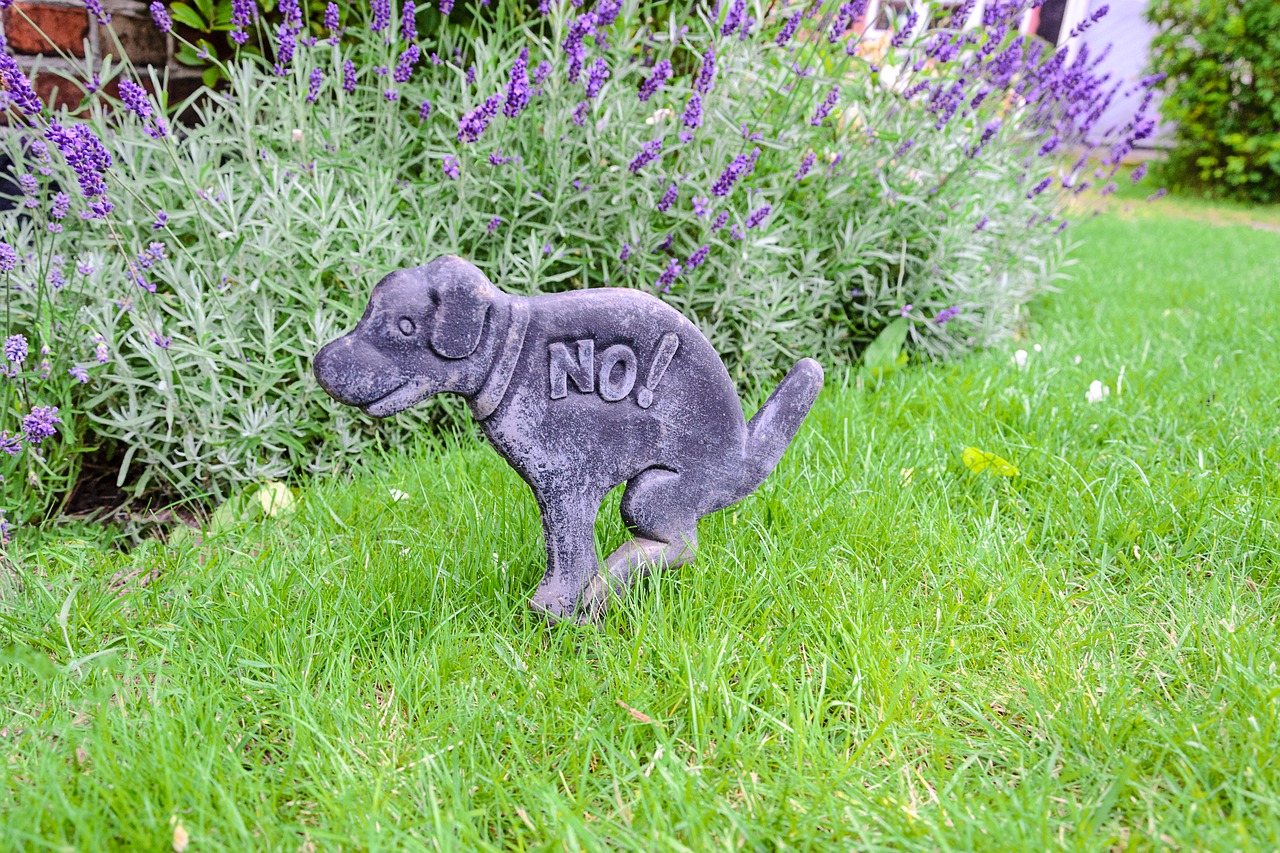
Mistake #4: Yelling at your dog when he has accidents inside the house
As frustrating as cleaning up accidents can be, yelling at your dog for going potty indoors is a huge mistake. (It goes without saying that spanking your pet is another huge mistake.) When dogs hear raised voices, they get excited and stressed. Your pup will be on high alert if you yell at him, which isn’t conducive to potty training. If you catch your dog in the act, firmly tell him “no” and take him outside to finish using the bathroom. Refrain from fussing at your dog if you find an accident after the fact. Your pup won’t know why he’s being yelled at, and frequent yelling will cause him to fear you. Because dogs learn best through positive reinforcement and associations, the last thing you want is for your pup to be afraid of you.
Mistake #5: Not rewarding your dog when he uses the bathroom outside
Potty training can be exhausting, especially if you have a young puppy. You want your dog to hurry up and learn to go potty outside, but that doesn’t mean you should overlook his progress when he does what you want him to do. Most dogs are highly motivated by food, so giving him a favorite treat when he relieves himself outside is a great way to encourage him to continue doing so. Dogs also respond well to praise and affection, making it important to tell him what a good dog he is and give him plenty of love when he goes outside.
Mistake #6: Not being patient when it comes to potty training
Losing your patience is understandable when you have to scrub up messes multiple times a day. Keep in mind that your dog’s mind isn’t as advanced as yours, and he may be having trouble understanding what you want him to do. Some dogs need to go outside frequently — active puppies may need to go out every 20 minutes or so — and they need you to be patient and persistent.
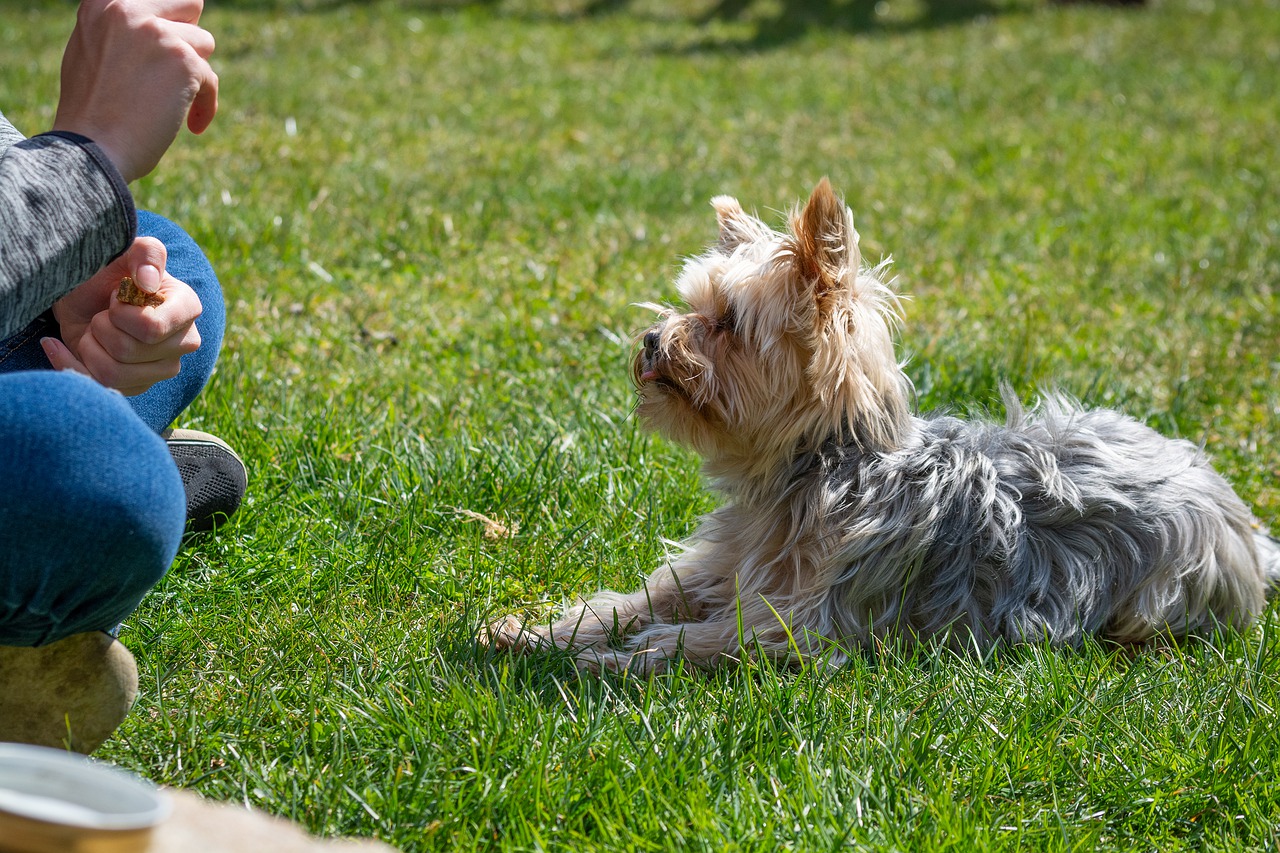
The potty-training stage is difficult, but you’ll have an advantage if you avoid these six common mistakes. Use an enzymatic cleaner to eliminate the scent of waste in your home, crate-train your dog from a young age, train your pup using treats and positive reinforcement, and don’t be afraid to seek professional help if everything you’ve tried has failed. With patience, persistence, and a bit of luck, you’ll be able to potty-train your dog successfully.

